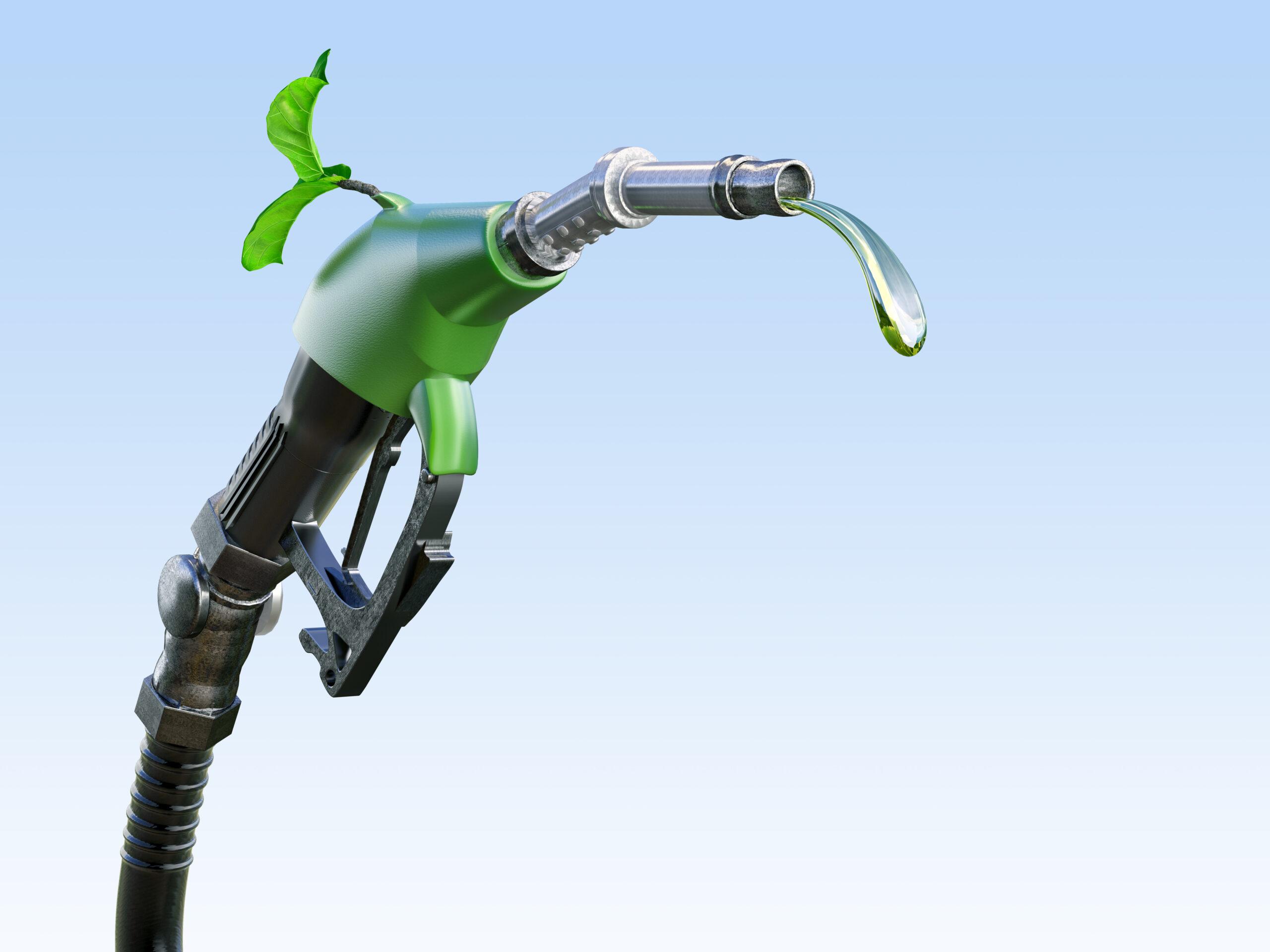Biofuel is an energy source derived from breaking down organic materials from animal and plant sources. Practically any biological material like grass, wood, crops, trees, animals, or agricultural waste can constitute biofuels which is an alternative to fossil fuels. These biomasses are also called bio feedstock. The liquid and gaseous fuels are produced by these biomasses.
Biofuels can be produced with diversified biomass which can be locally and easily available. A crop like sugar beets, wheat, maize, barley, sunflower, rapeseed, and many more weedy plants can be used for producing these naturally viable fuels. Different processes like fermentation, hydrolysis, pyrolysis, etc. carried out on these bio feedstocks produce different fuels like bioethanol, biobutanol, biodiesel, biohydrogen, and biogas. Bioethanol and biodiesel are used in the auto industry as cleaner fuels for vehicles and the regulatory directives are keen on increasing their contribution to the auto industry. The various challenges in the processes of converting biomass to fuel, its yield and storage, and transport of energy limit the commercialization of biofuels.

The challenges of commercializing biofuels are not only restricted to pretreatment and production but also in downstream processes, purification, and coproduct and wastewater treatment. Water recycling is a critical factor in the production of biofuel and its commercialization.
Wastewater treatment is a section needing lots of investment which are comparable to that of actual production cost. The wastewater treatment section involves multi-effect evaporator trains as one of the energy-consuming equipment. In this unit, along with huge quantities of water which can be recycled, reused and a coproduct containing beneficial nutrients for plants is produced. Due to the minerals, and nutrients present in the stillage (residue of distillation), the operation of MEE is troubled and needs frequent cleaning and shutdown periods. This involves a considerable number of expenditures. This makes the industries investing in waste treatments and ultimately commercialization of biofuel production less interesting.
Wastewater management and water recycling is the section where Klaren Technology can play an important role of helping hand. Patented technology of fluidized bed heat exchange resulting in the self-cleaning effect of tubes of the heat exchanges handling this dirty, wastewater which has fouling scaling impurities. Klaren’s technology cleans up the evaporator tubes online and in line keeping the tubes clean and giving effective heat transfer, efficient use of steam, and higher economy of the multi-effect evaporator trains. Klaren can convert the existing fouling evaporators into non-fouling, inline live self-cleaning fluidized bed evaporators.
A few fouling-related facts:
More than 200 US fuel ethanol plants use evaporators and are adversely affected by heat transfer fouling. Fouling and its associated maintenance increase the overall environmental footprint and costs of biofuel production, creating a critical need to more fully understand the causes of fouling and to develop strategies to mitigate fouling in thin stillage evaporators.
More than 200 maize processing plants use multiple effect evaporators to remove water from thin stillage and steep water during the dry grind and wet milling process, respectively. During the dry grind process, unfermentable are centrifuged and the liquid fraction, thin stillage, is concentrated in multiple effect evaporators. Evaporator fouling occurs during thin stillage concentration and may be from deposition of proteins, fat, fibre and/or carbohydrates on evaporator surface.
In the corn to the ethanol production process, the removal of water from the processing streams is done using evaporators. These evaporators have a heated surface that the liquid stream is passed over to vaporize the water into the stream resulting in a concentration of the remaining material. The heated surface in the evaporators frequently develops fouling deposits on the hot surface that reduces flow and the overall energy efficiency. The reasons for fouling deposit formation are not well understood.
Taprogge, with KLAREN Technology, offers continuous cleaning solutions for either new or existing MEE/MVR units.
The operations where we can be of your help are:
- Concentration of glucose solution in producing biodiesel from sugarcane
- Stillage treatment (produced from for example maize, millets, wheat, rice, cellulose)
- Methanol recovery from raw biodiesel
Contact us for the feasibility report and further discussion.

